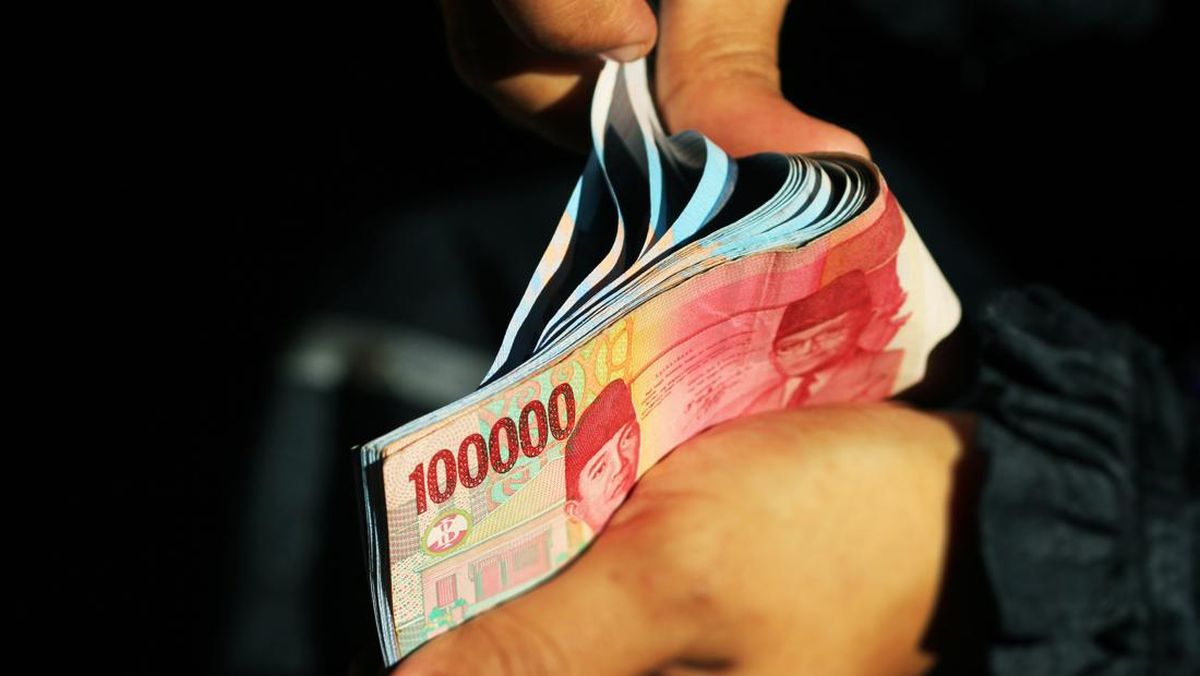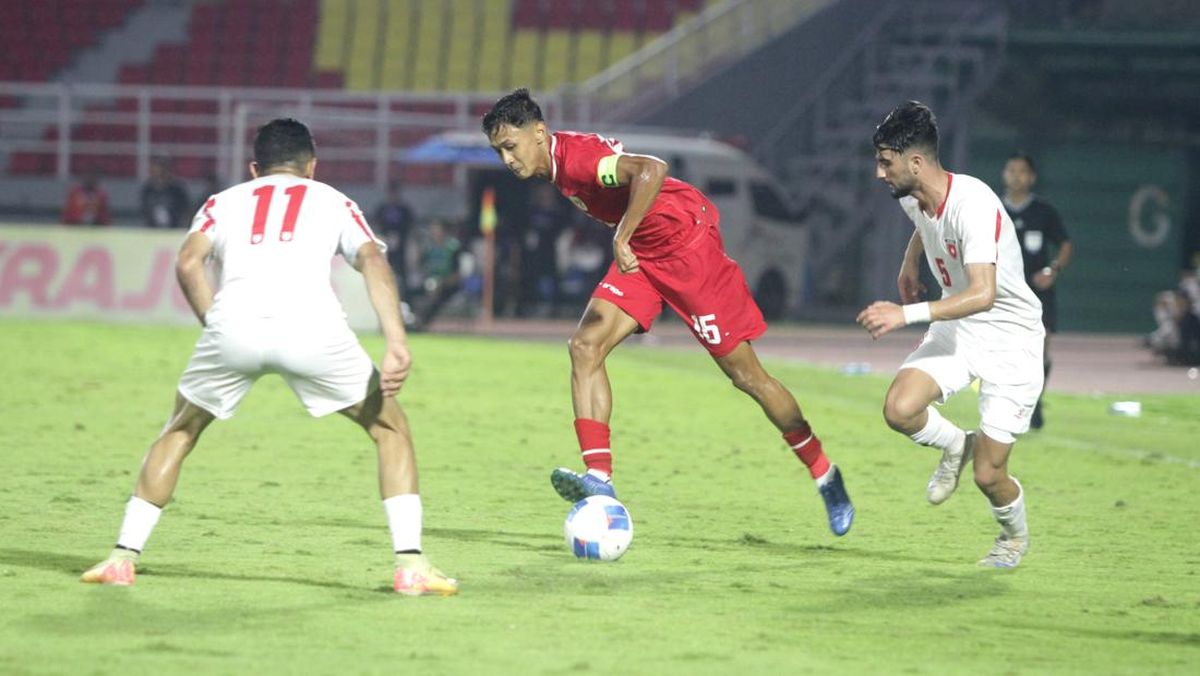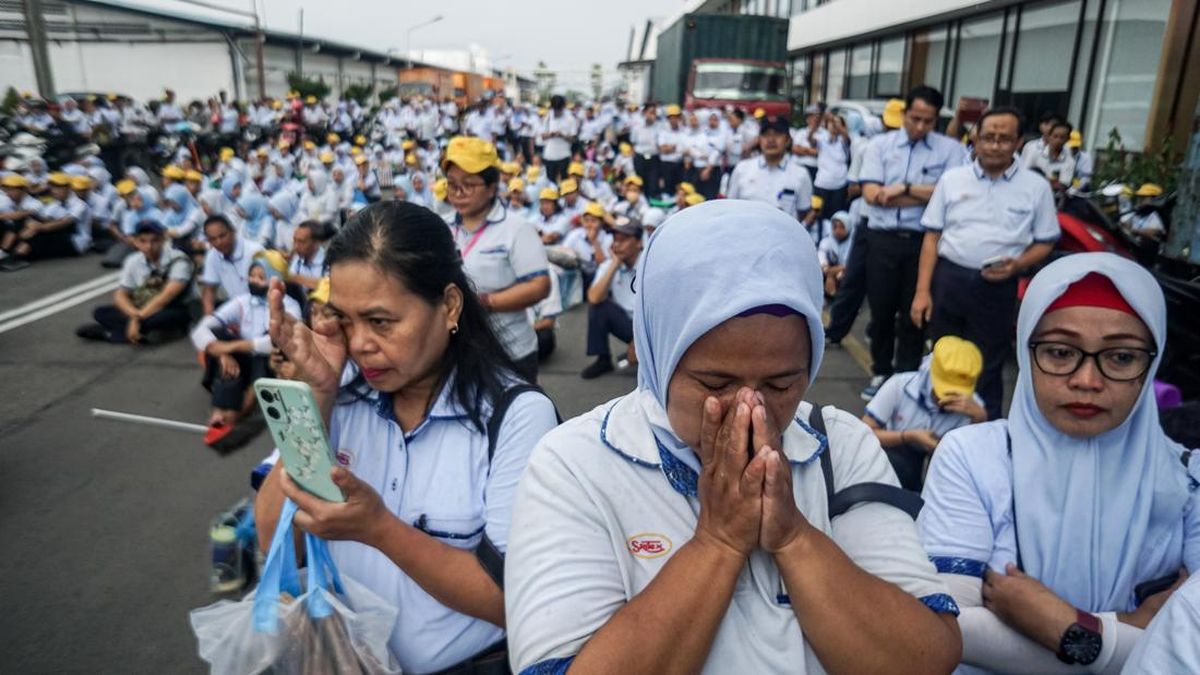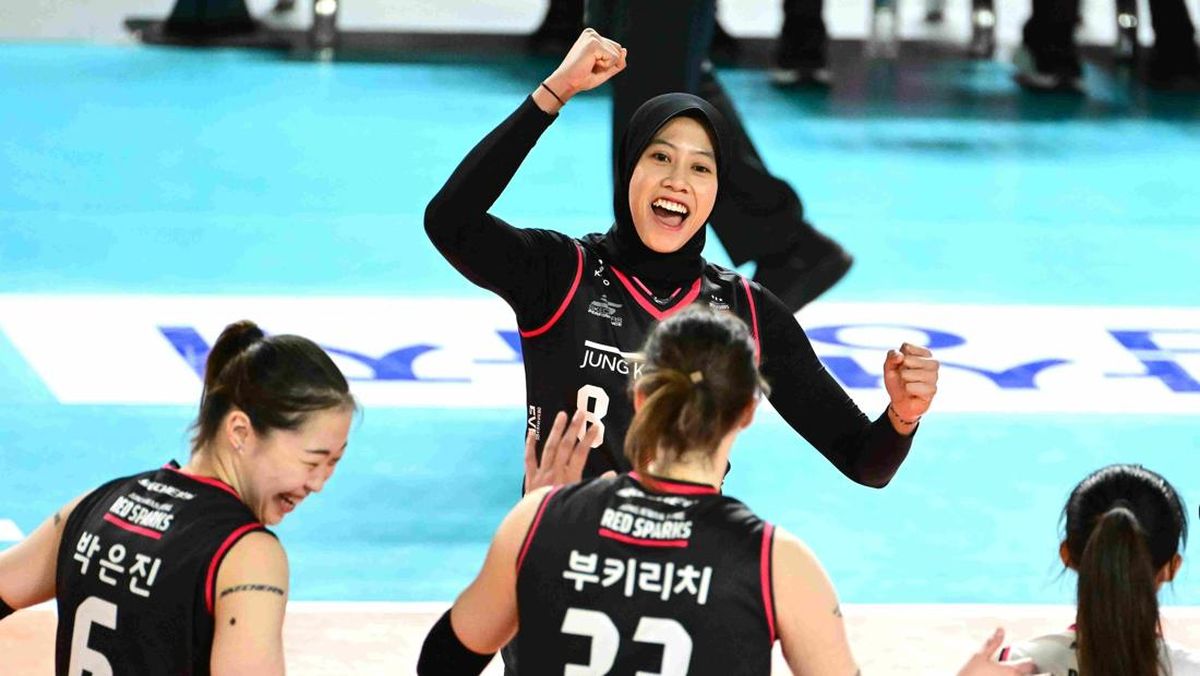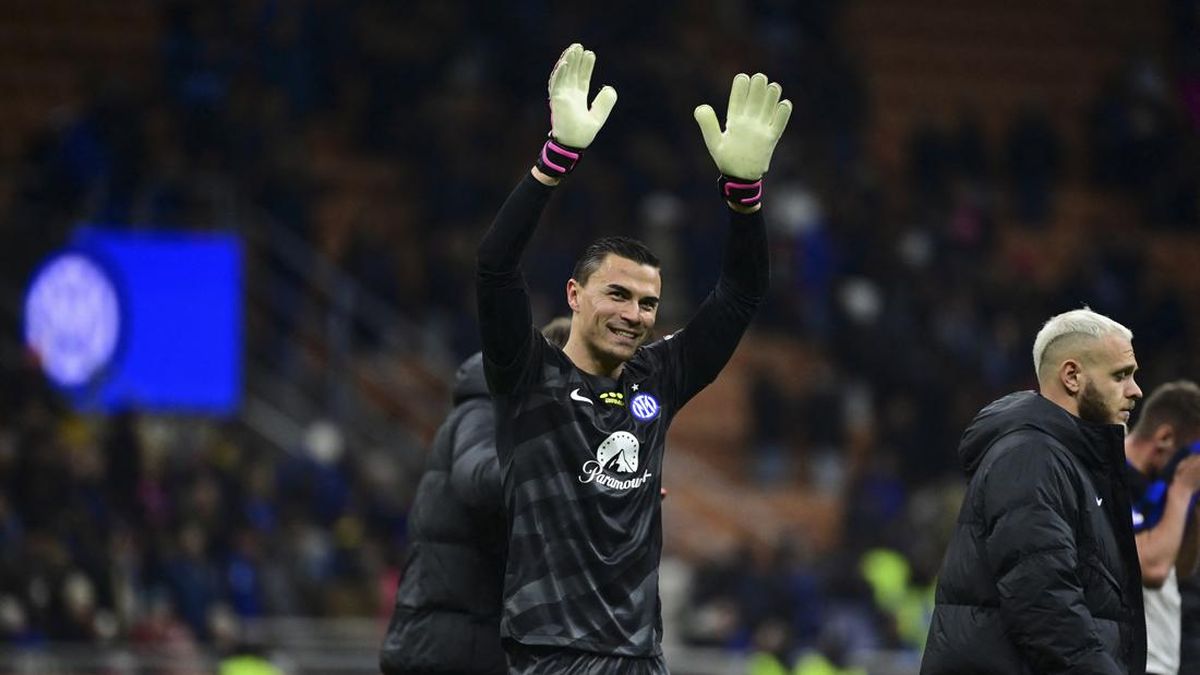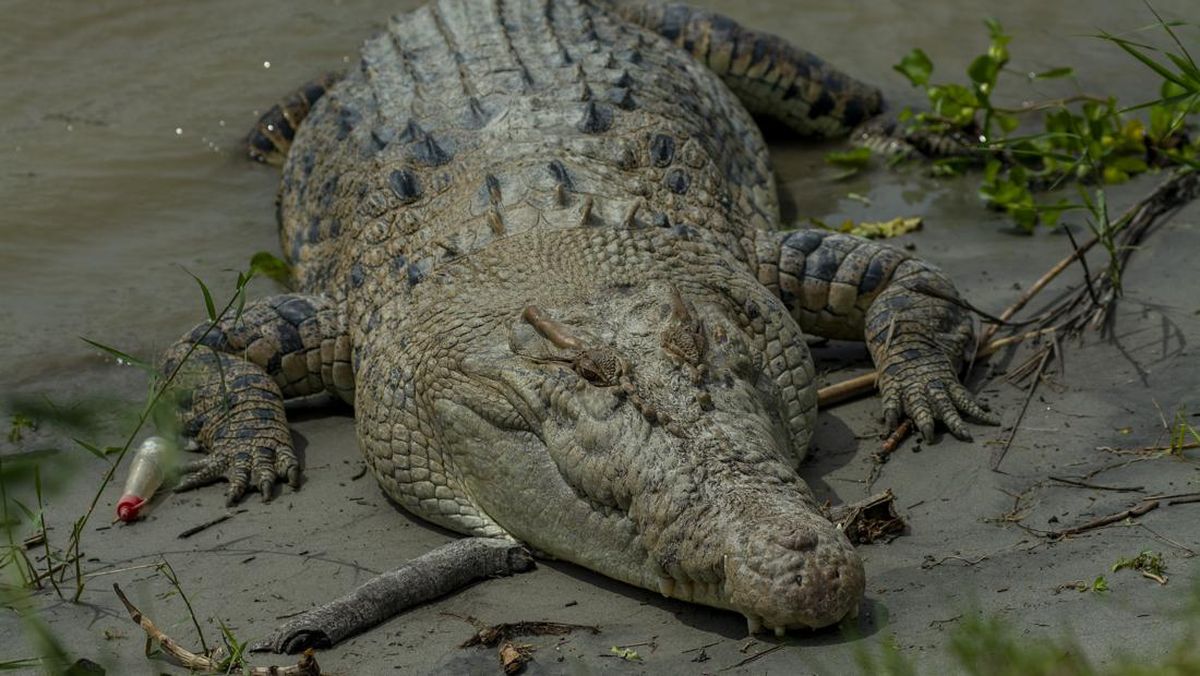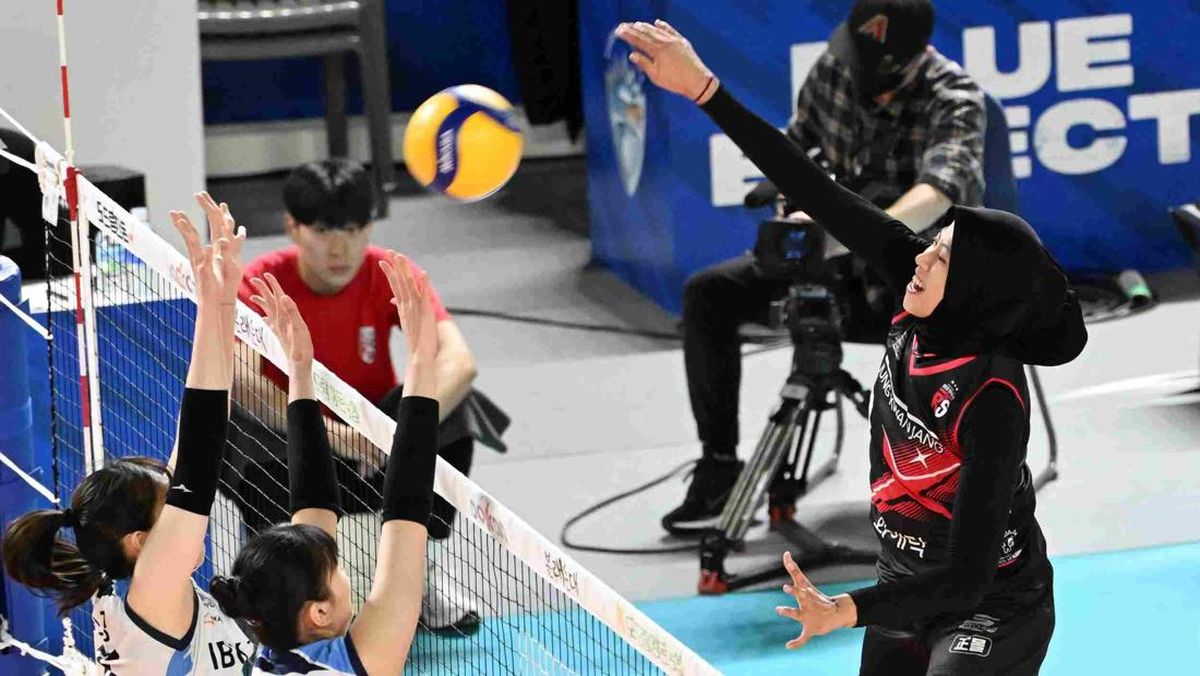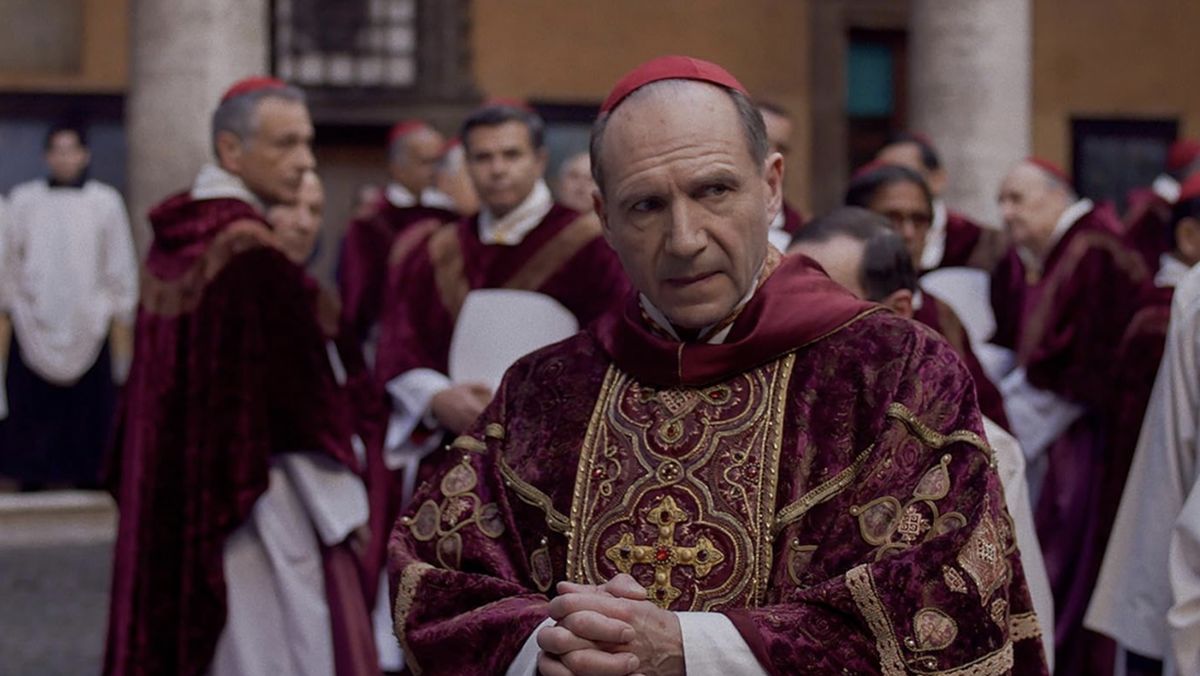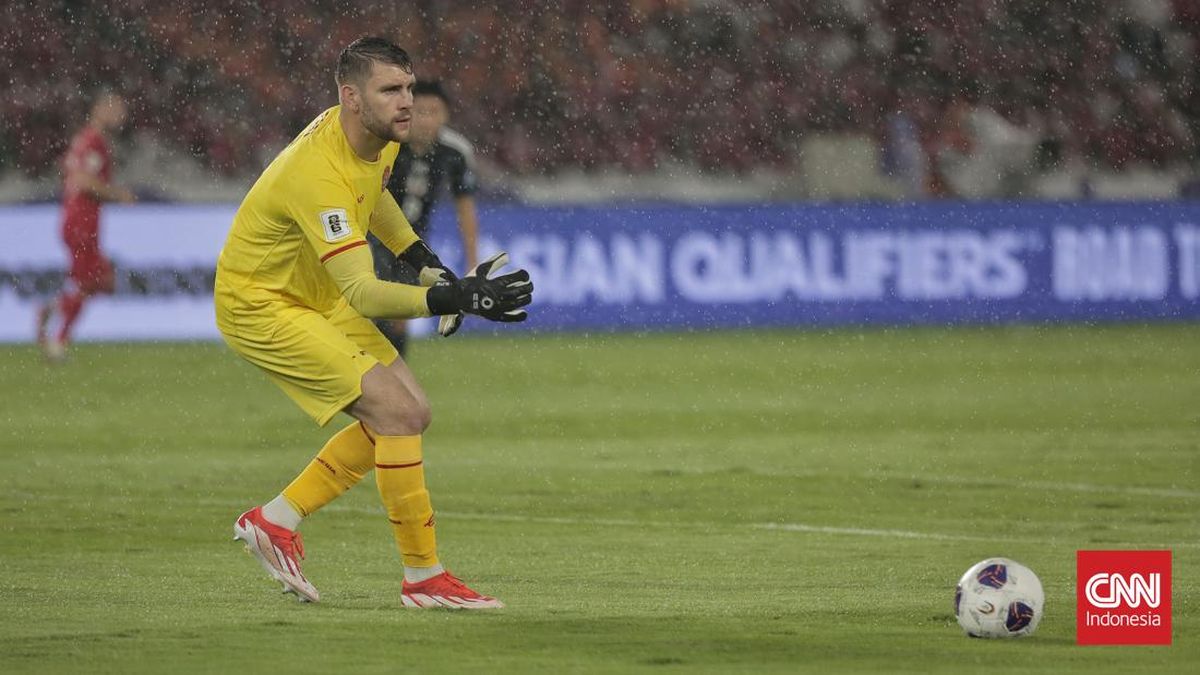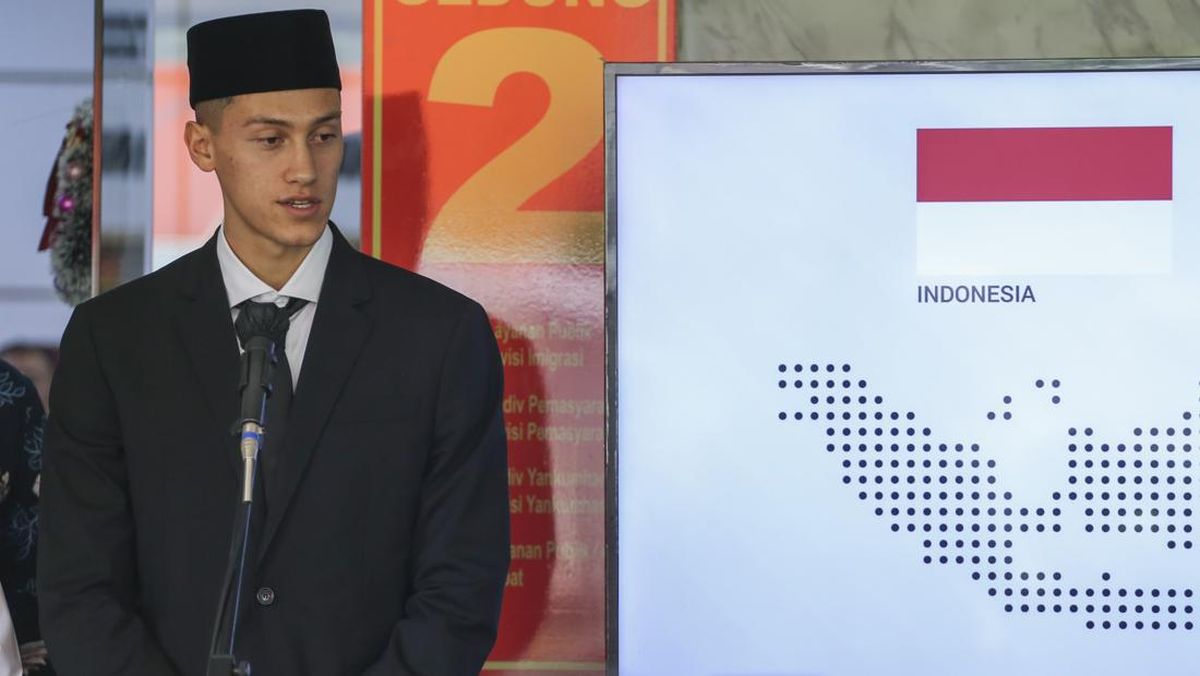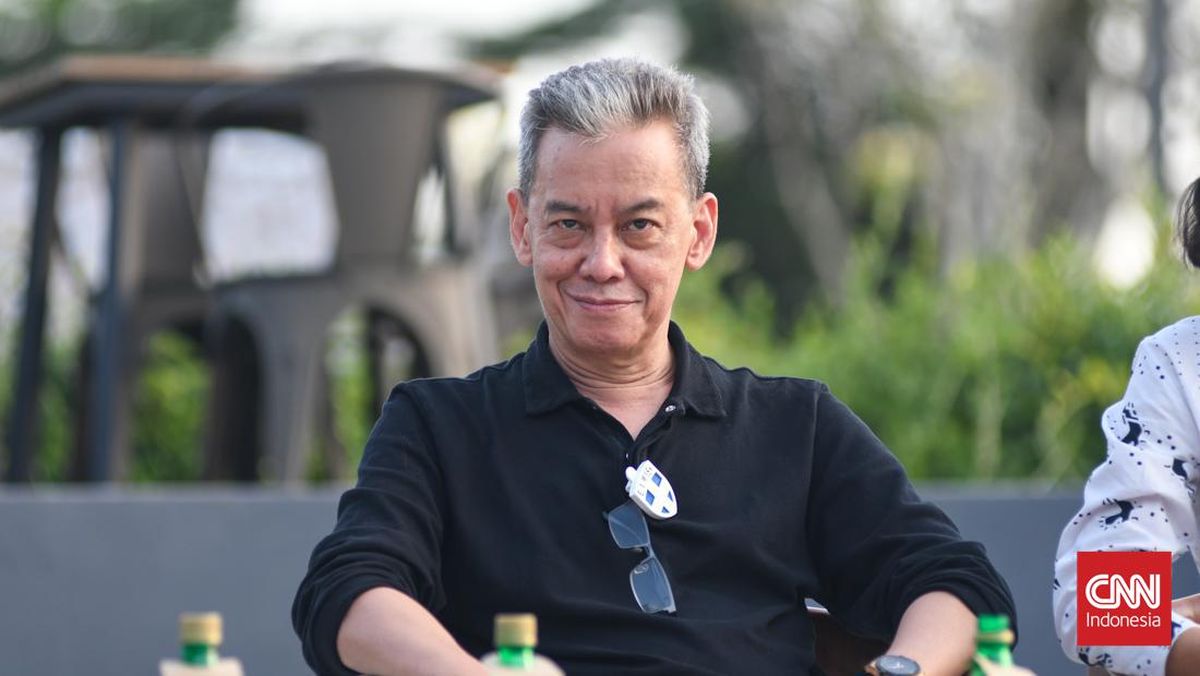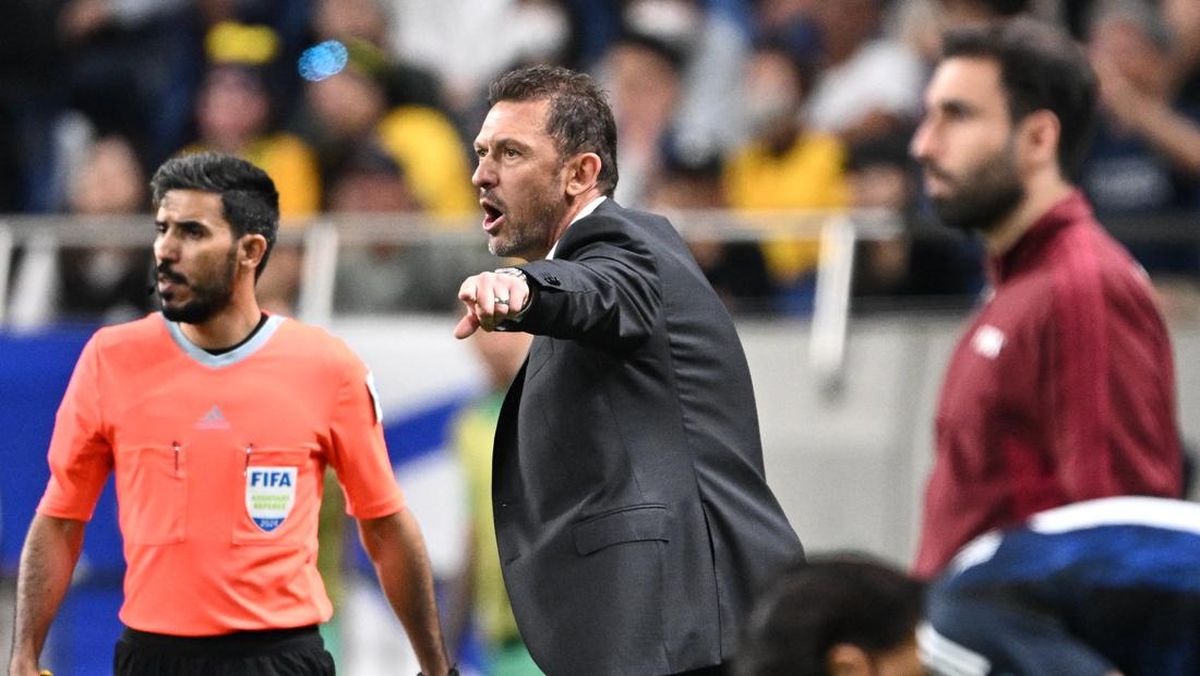In 2015, as a civil war was raging in South Sudan, the United Nations Security Council imposed the first set of sanctions on the country, including asset freezes and travel bans on various senior officials. Three years later, after a ceasefire agreement was repeatedly violated, the UNSC mustered the votes to impose a full arms embargo. Fragile peace eventually settled in, but the embargo was kept in place and was extended every year.
The review of the embargo is now coming up on May 29 and there is a push from African members of the UNSC – Sierra Leone, Somalia and Algeria – to lift it. On March 18, the African Union Peace and Security Council (AUPSC) publicly called for this measure to end.
But lifting the embargo on South Sudan at this moment would be a mistake. Violence has come back to plague the country, killing at least 180 people between March and mid-April, amid deepening divisions between President Salva Kiir and First Vice President Riek Machar, who has been placed under house arrest.
Allowing more weapons to enter the country would only escalate the dire situation. This would not be in the interest of neighbouring countries and the African Union as a whole.
Under the AU’s development plan, Agenda 2063, the continent set itself an ambitious goal of “Silencing the Guns” by 2020, later extended to 2030. With this, the AU wants to “end all wars and violent conflicts and promote dialogue-based mechanisms for conflict prevention and resolution”.
Yet, the AUPSC’s call for lifting the embargo on South Sudan does not fall in line with these goals. The justification for this stance is that free access to more weapons can enable the unification of government and opposition forces and reform the security sector.
But this logic ignores the growing fractures in South Sudan amid the renewed tensions between Kiir and Machar. Placing more guns in the hands of warring parties involved in serious human rights violations and crimes under international law would only make the situation worse.
South Sudan’s security and defence forces have attacked the very people they are tasked to protect: Civilians. The South Sudanese army, National Security Service and armed opposition forces have been implicated in war crimes and human rights violations for well more than a decade, including by the AU’s Commission of Inquiry on South Sudan and the UN Commission on Human Rights in South Sudan.
Indeed, around the time the AUPSC called for the lifting of the arms embargo, South Sudan’s government reportedly used improvised incendiary weapons in aerial attacks, killing at least 58 people and injuring others, including children.
To be sure, the existence of the arms embargo is not enough – its enforcement is key. That is already faltering after in early March, Uganda sent troops and military equipment to South Sudan without providing notification or receiving special exemption from the UNSC Sanctions Committee. This is a clear violation of the embargo.
South Sudan’s Mi-24 helicopters also seem to be on the move, despite the government’s fleet reportedly being non-functional and grounded since the arms embargo was imposed in 2018. This suggests spare parts have been sourced in violation of the embargo.
On May 4, Doctors Without Borders, known by its French initials MSF, reported that two helicopter gunships had bombed its medical facility in Old Fangak the day before and fired at the town, killing seven and injuring 20 others. Deliberate attacks on a medical facility performing its humanitarian function violate international humanitarian law and would constitute a war crime. This is yet another indication of why the UNSC must renew the arms embargo and strengthen its enforcement.
If properly implemented and enforced, a renewed UNSC arms embargo would not obstruct security sector reform. Instead, it would block the disorderly and destabilising accumulation of arms in South Sudan, which is spurring the current conflict and contributing to violations against civilians.
If the AU is serious about silencing the guns, it should back the strict controls prohibiting arms transfers to South Sudan, and the African states in the UNSC should vote to renew the arms embargo.
The views expressed in this article are the author’s own and do not necessarily reflect Al Jazeera’s editorial stance.

 1 day ago
16
1 day ago
16
































